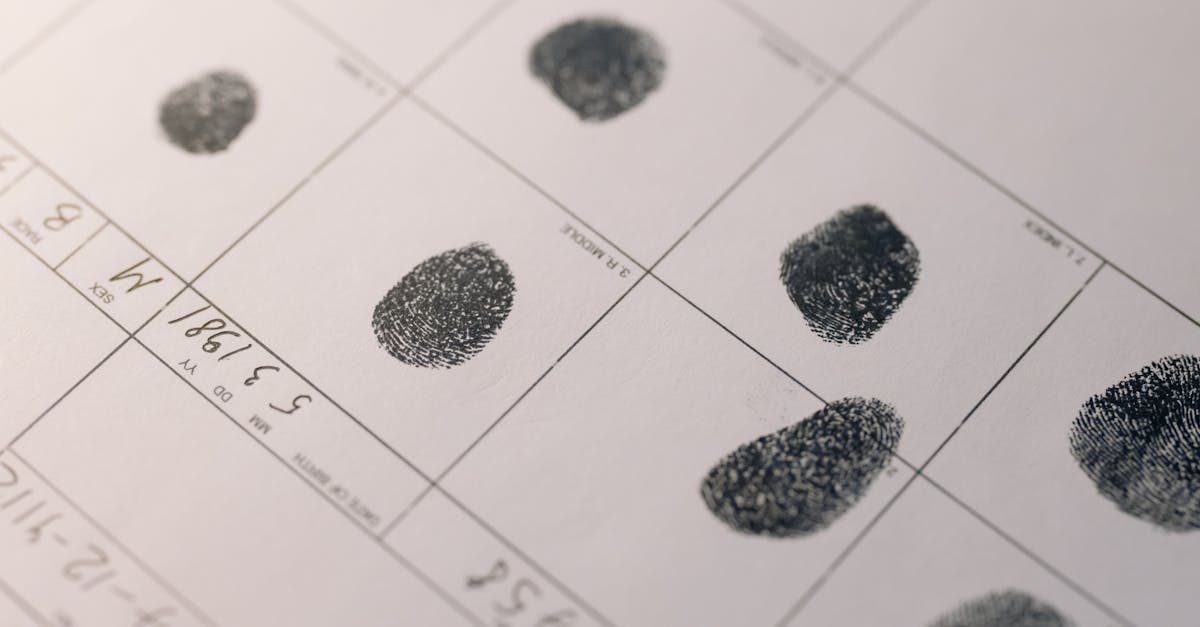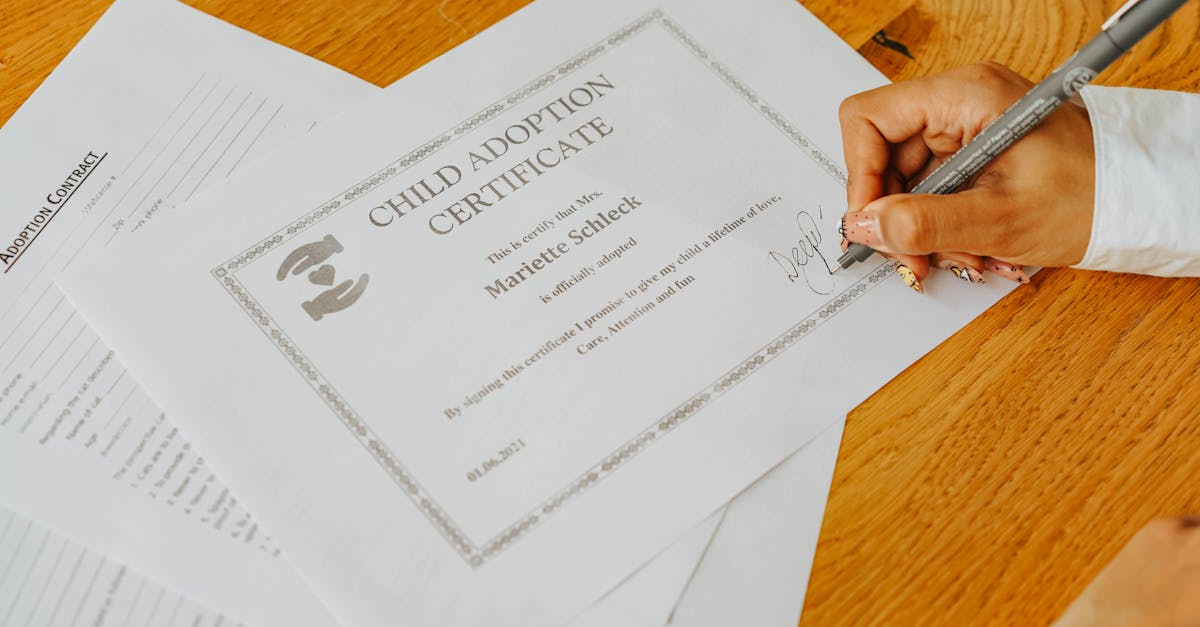When it comes to important documents, a birth certificate is one of the most significant. It serves not only as proof of identity but also plays a crucial role in various legal matters. Understanding what information is included on a birth certificate can help individuals navigate through processes such as applying for a passport, enrolling in school, or claiming benefits. This article will outline the essential information found on a birth certificate.
| Information | Description |
|---|---|
| Full Name | The complete name of the individual as recorded at birth. |
| Date of Birth | The exact date when the individual was born. |
| Place of Birth | The city or town where the individual was born. |
| Parent(s) Names | The names of the individual’s mother and father. |
| Gender | The sex of the individual as recorded at birth. |
| Birth Registration Number | A unique identifier assigned to the birth certificate. |
| Issuing Authority | The government agency responsible for issuing the birth certificate. |
| Date of Registration | The date when the birth was officially registered. |
| Signature of Registrar | The signature of the official who recorded the birth. |
| Footprints or Handprints | Some certificates may include the newborn’s footprints or handprints. |
Full Name
The full name on a birth certificate is critical as it serves as the official name of the individual. This name is used in all legal documents, and any discrepancies can lead to complications in identity verification processes. The name typically includes the first name, middle name(s), and last name, which reflect the family’s naming conventions.

Date of Birth
The date of birth is a fundamental piece of information that indicates the exact day an individual was born. This information is vital for age verification and is often required in various legal contexts, including applications for government services, educational institutions, and employment.

Place of Birth
The place of birth is recorded to indicate the location where the individual was born, which is important for nationality and citizenship purposes. This can also have implications for eligibility for certain benefits or programs that are location-based.

Parent(s) Names
The names of the individual’s parents are included to establish lineage and familial connections. This information is essential for legal identification, inheritance rights, and can also be used in genealogical research.

Gender
The gender of the individual is recorded on the birth certificate, and this can be significant for various legal reasons, including gender-specific laws and regulations. It is important for identity documents and can affect social services and healthcare provisions.

Birth Registration Number
A unique birth registration number is assigned to each birth certificate, serving as a reference that helps in tracking and verifying the document. This number is crucial for administrative purposes, ensuring that records are organized and accessible in government databases.

Issuing Authority
The issuing authority is the government agency responsible for the birth certificate’s creation and distribution. This typically includes local or state health departments, and knowing the issuing authority can be important when requesting copies or verifying authenticity.

Date of Registration
The date of registration reflects when the birth was officially recorded. This date can differ from the date of birth, particularly in cases where registration is delayed. It is important for legal purposes, especially in establishing a timeline for identity verification.

Signature of Registrar
The signature of the registrar is included to authenticate the birth certificate. This signature indicates that the document has been properly filed and is legally recognized. It is an important element for validation, especially when the certificate is presented for official use.

Footprints or Handprints
Some birth certificates may feature the newborn’s footprints or handprints. This is a sentimental addition for many families and serves as a unique identifier for the individual. It can also be a cherished keepsake that captures a moment in time.

FAQ
What is the purpose of a birth certificate?
A birth certificate serves as the official record of an individual’s birth, providing essential information for identity verification, legal rights, and access to various services such as education, healthcare, and travel.
How can I obtain a copy of my birth certificate?
To obtain a copy of your birth certificate, you typically need to contact the vital records office in the state or locality where you were born. You may need to provide identification and pay a fee for the certified copy.
Can a birth certificate be amended?
Yes, a birth certificate can be amended if there are errors or changes needed, such as corrections to names or the addition of a parent’s name. The process usually involves submitting the required documentation and may require a fee.
Is a birth certificate required for a passport?
Yes, a birth certificate is often required when applying for a passport, especially for first-time applicants, as it serves as proof of citizenship and identity.
References:
– [CDC – Birth Certificates](https://www.cdc.gov/nchs/w2w/births.htm)
– [National Center for Health Statistics](https://www.cdc.gov/nchs)
– [USA.gov – Vital Records](https://www.usa.gov/vital-records)
